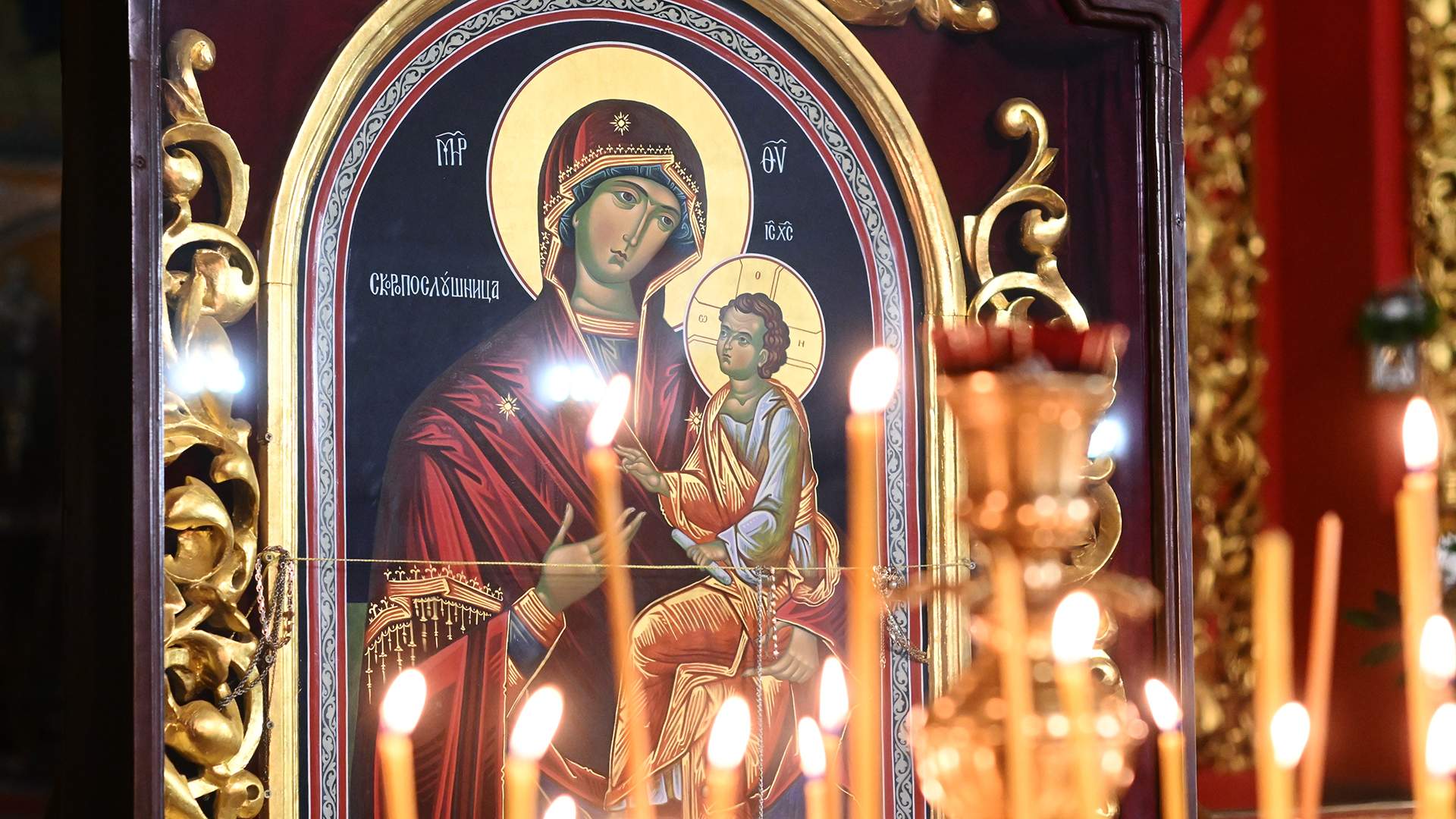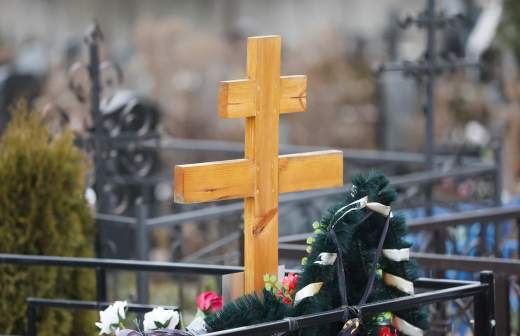- Статьи
- Society
- Anti-Easter in 2025: what does the holiday mean, why is it called that way and how to celebrate it?
Anti-Easter in 2025: what does the holiday mean, why is it called that way and how to celebrate it?

Every year, Orthodox Christians celebrate Antipascha, or Red Hill, a week after the celebration of Christ's Sunday. In 2025, the event, which is also called St. Thomas Sunday, falls on April 27. The celebration of the significant date combines Christian customs and some preserved pagan rituals and is a continuation of the main Orthodox holiday. Fomina Week will last until May 3. The history and traditions of Antipascha are in the material of Izvestia.
What is Antipascha, why is the holiday April 27th so called?
The first Sunday after Easter in the church calendar is called St. Thomas Sunday, or Antipascha. The day is popularly called Krasnaya Gorka. Antipascha is not opposed to Easter, the event symbolizes an appeal to an already past holiday, comprehension of it on the eighth day. Antipascha is celebrated as a Day of Renewal, a day of "remembrance of salvation," a day of "pure new birth."
Translated from Greek, "Antipascha" means "instead of Easter." This is the name of the week following the Light Week, according to the Charter it is also called the New Week.
According to the Gospel, the apostle Thomas did not believe in the resurrection of Jesus Christ, hence the expression "Thomas the unbeliever."
"Unless I see in His hands the wounds of the nails, and put my finger in the wounds of the nails, and put my hand in His side, I will not believe," said the apostle. However, a week later, the Savior appeared to his disciple, which contributed to the formation of Thomas as the most zealous preacher of the Christian faith. It is believed that Thomas became the founder of the Christian church in Palestine, Mesopotamia, Parthia, Ethiopia and India.
The story of the Apostle Thomas is useful for modern Christians because it shows the disciples of the Son of God as ordinary living people who can doubt, grieve and give in to emotions. However, it is God's power that ultimately helps them overcome all difficulties.
Antipascha 2025: Church holiday service, strong prayers
Starting from Antipascha, worship in churches is not performed with the Royal Gates open, which symbolizes the end of the Easter holiday. On Bright Saturday, the Easter procession will bypass the church for the last time.
On Antipascha, the liturgy of John Chrysostom will be served and a fragment from the Gospel of John about the appearance of Christ to the Apostle Thomas will be read. Christians are beginning to practice the usual prayer rule again, and instead of the hymn of the Mother of God
"It is worthy to eat" before the feast of the Ascension, the Easter song will be played: "The Angel cries out with Grace… Your Son has risen from the dead..."
From this day on, fasting is restored on Wednesdays and Fridays, although the fast days are not strict — you can eat fish before Peter's fast.
Before the feast of the Ascension of the Lord, all prayer services are preceded by a threefold reading of the Easter troparion.: "Christ has risen from the dead, restoring death to death and giving life to those who are in the grave."
Antipaskha: what not to do, how to mark
Antipascha, like Easter, implies joy in connection with the Resurrection of Christ and the hope of eternal life in the Kingdom of Heaven. Previously, merry parties were held in the villages in honor of this event, songs were sung and round dances were performed. A week after Easter, the ban on weddings was also lifted, so young people could plan marriage and marriage again. According to some folk traditions, a small wooden platform was erected on this day, which was called a "slide". A painted egg was placed on top of it, which rolled down the slide and symbolized the "stone from the door of the tomb", which was pushed aside by an angel to prove the Resurrection of Jesus. From this tradition, it is believed that another name for the holiday could have appeared — "Krasnaya Gorka".
The most important thing on this day for a Christian is to come to church to receive communion or just to pray.
It is an established tradition to wash with holy water in the morning, it was harvested in the evening. The traditional end of the Antipascha celebration is a family dinner in a pleasant and family atmosphere. It is believed that the more plentiful and varied the treats on the table, the luckier the next year will be. In Russia, believers sought to feed seven animals on this day — this was supposed to attract money and good luck to the provider.
On Antipascha, one should not swear or enter into conflicts: it is believed that this can bring misfortune to a person throughout the year. On this day, you should not alienate your family and friends, you should pay attention to your relatives and communicate with them. You shouldn't be alone on Fomino Sunday. It is necessary to postpone all hard work and physical labor for Antipascha. Also, the church does not recommend guessing, performing various rituals and spells on the Antipascha holiday.
Переведено сервисом «Яндекс Переводчик»


